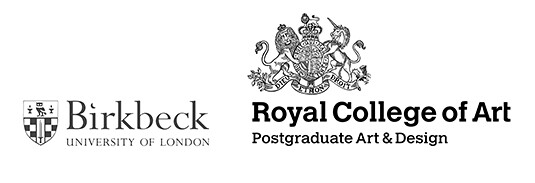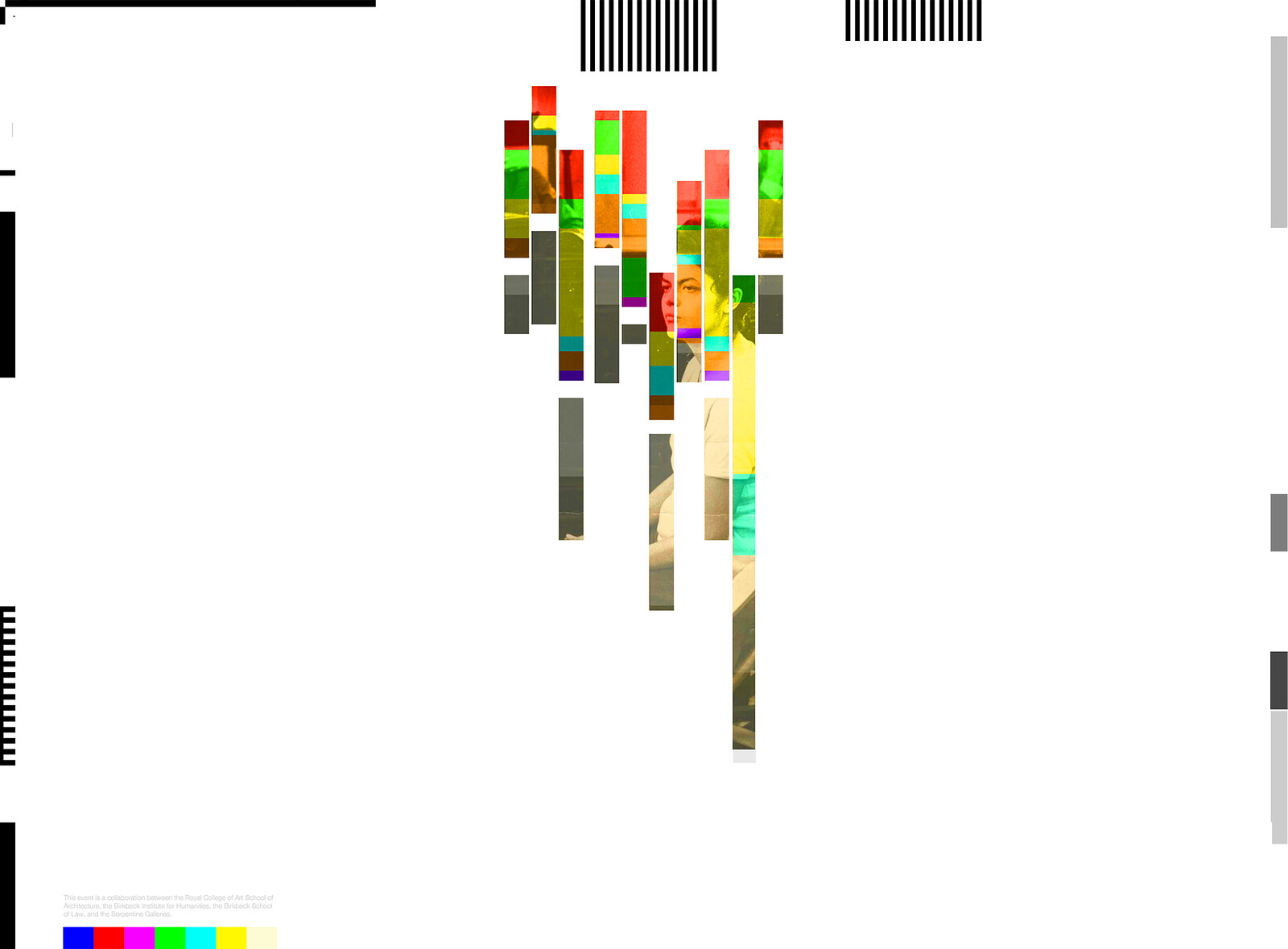March 3–4, 2017
Organized by Godofredo Enes Pereira and Óscar Guardiola-Rivera.
A collaboration between Architecture & Social Movements Network + Focus on The Funk
What is the role of artists, activists, writers & academics as well as militant research practices in projects of political transformation during times of reaction, fascism and coups? What collaborations can be established between architecture, law, politics, philosophy and social movements?
Recent referendums, elections and quasi-judicial or political processes in the UK, the US, Colombia and Brazil have made evident the disconnection between urban centres and post-industrial hinterlands. While many reasons lie behind these lines of division, it is undeniable that at stake are a series of decisions concerning people, territory and its architecture. Equally evident, is the inability of most political parties, academia and media as well as other visual practices, to grasp the socio-political contexts and perspectives from which these popular votes and varieties of populism keep emerging. However, events like these are not entirely surprising. Many have cautioned against the dangerous consequences of neoliberal forms of governance being mobilized by fascist and xenophobic projects, as well as against the consequences of historically revisionist and politically questionable equivalences between rightist and leftist varieties of populism.
It is in this context that an attention to popular and social movements as well as their political organisation is key. In our view, social movements and emerging political organizations are evidence of important mutations taking place in the social and material environments of our cities and territories. They are the product of concrete lives and conditions whose specificities are often unrecognized by existing structures of political representation and academic research.
The two-day seminar will pose the following questions: what design, research and collaboration methods have to be developed so that the spatial problems of social movements can be adequately described and addressed? How can organizations that emerge out of social movements continue to learn from them? How can academic institutions and design practices develop alliances with popular organizations and movements? What forms of struggle and militancy are required for the development of counter-hegemonic projects?
Day 1: (Birkbeck) 2:30–5pm
Birkbeck Institute for the Humanities, Malet street Building, room B34
2:30pm Intro: Godofredo Enes Pereira (RCA)
2:45pm Panel: Juan Carlos Monedero (Complutense University) + George Ciccariello-Maher (Drexel University) + Nina Power (Roehampton)
4:15pm Discussion moderated by Óscar Guardiola-Rivera (Birkbeck)
5pm End
Day 2: 10:45am–6:30pm
Royal College of Art, Kensington Campus, Room D612, 6th floor
10:45am Reception: RCA
11am Panel 1 introduction: Platon Issaias (RCA)
11:05am Panel 1: Tiago Mota Saraiva (ateliermob)
11:45am Re: Panel 1: Georgia White (RCA)
12pm Discussion
1–2pm Lunch Break
2pm Panel 2 introduction: Nora Akawi (Studio-X Amman)
2:05pm Panel 2: Dimitra Siatitsa (Inura Athens)
2:45pm Re: Panel 2: Elisavet Hasa (RCA)
3:15pm Discussion
4pm Coffee break
4:30pm Panel 3 introduction: Adrian Lahoud (RCA)
4:35pm Panel 3: Antoni Font (Barcelona en Comú)
5:15pm Re: Panel 3: Susana Caló (ESAP Porto)
6pm Final collective discussion with response by Radha D’Souza (Westminster)
7pm Drinks
Booking details
Free entry; separate registration required for each day via eventbrite.
Day 1 / Day 2
Contact person
Godofredo Pereira: godofredo.pereira [at] rca.ac.uk
Partner organizations
School of Architecture, Royal College of Art; Birkbeck Institute for the Humanities; Birkbeck School of Law; Serpentine Galleries.


